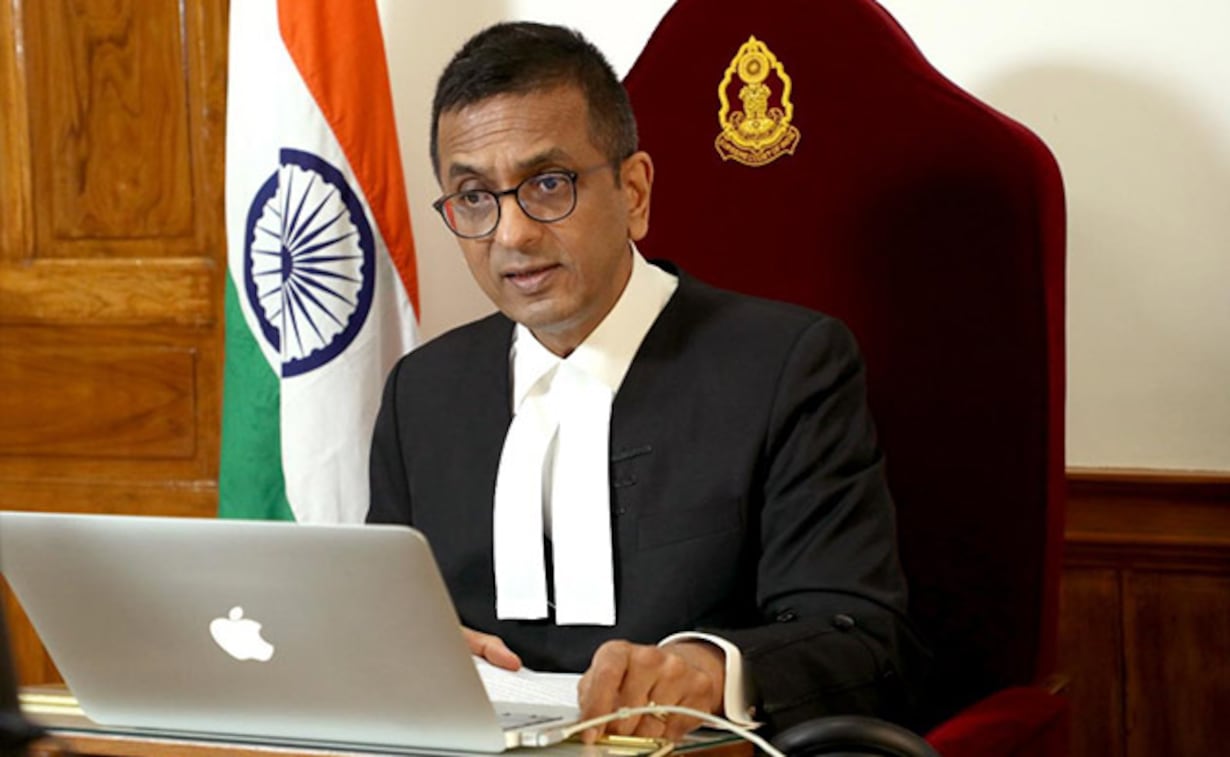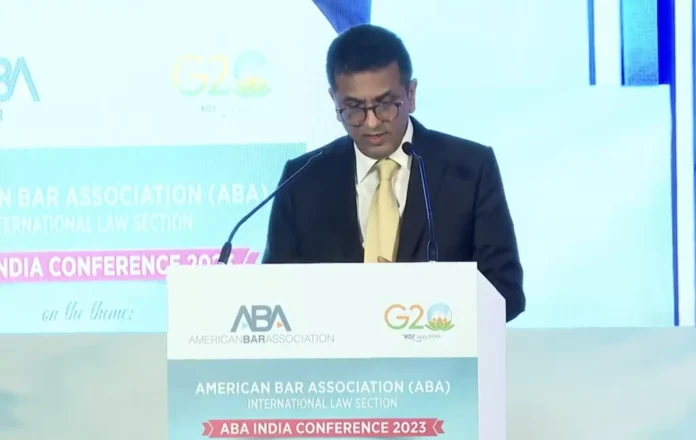Former Chief Justice of India (CJI) DY Chandrachud, , emphasized the necessity of equipping judges to handle the challenges posed by social media trolling. Sharing his own experiences, he revealed that he had been targeted by online trolls several times during his tenure. Chandrachud pointed out that the judiciary must adapt to the dynamics of a rapidly evolving digital age to uphold judicial independence and integrity.
“Judges Need Training to Tackle Trolling”
Justice Chandrachud advocated for comprehensive training programs for judges to address the increasing influence of social media. “Maybe judges should also be trained. In the age of social media, how will you handle the internet and trolling? It is necessary for all judges to undergo such training,” he stated.
Acknowledging the changed landscape, the former CJI noted that society is now living in a “post-truth society,” a term that encapsulates the challenges of navigating misinformation and the powerful impact of digital platforms. “In 1950, there was no social media, no internet. Today, we are living in a completely different normal—a post-truth society,” he remarked.

Social Media and Judicial Independence
Chandrachud highlighted the growing challenges faced by the judiciary in the age of social media. “Social media is not just a means of communication but also a powerful tool to influence societal outcomes,” he said. He expressed concern over how special interest groups and pressure groups utilize social platforms to sway public opinion and potentially influence court outcomes.
“Every citizen has the right to understand court decisions and express their opinions,” Chandrachud stated. However, he raised concerns about the boundary between freedom of speech and targeted attacks on judges. “When this extends beyond court decisions to targeting individual judges, it raises fundamental questions about the true essence of freedom of speech and expression,” he explained.
The former CJI cited examples of cases being publicly debated on social media, where judges are subjected to intense scrutiny. “Judges have to be very careful as they are constantly under a barrage of pressure from groups attempting to alter the course of judicial decisions,” he observed.
“Attention Span is Shrinking”: Challenges for Judicial Nuance
Justice Chandrachud drew attention to the diminishing attention span fostered by social media platforms, where short-form content dominates. “Everybody’s attention span today is 20 seconds due to ‘shorts’ on YouTube and ‘reels’ on Instagram. Even I watch them sometimes,” he quipped, highlighting the widespread influence of such formats.
He warned that this trend poses a serious challenge for the judiciary. “The process of judicial decision-making is nuanced and requires careful deliberation, but social media’s instant-opinion culture lacks the patience or tolerance to engage with such complexity,” he said.

Freedom of Speech vs. Targeted Criticism
Justice Chandrachud reiterated his support for the principle of freedom of speech and expression but cautioned against its misuse. “I have always been a proponent of maximum freedom of speech and expression. That is what the Constitution stands for,” he emphasized.
However, he drew a line when such freedom is weaponized to undermine judicial authority. “Ultimately, there are fundamental values at stake. Speaking for myself, I believe in protecting the independence of the judiciary while respecting constitutional freedoms,” he noted.
Trolling’s Broader Implications for Judiciary
Reflecting on his personal experiences, Chandrachud admitted that being trolled on social media was a recurring challenge during his tenure. “I have been trolled not just once but several times,” he shared, adding that the phenomenon reflects a broader issue facing the judiciary.
Citing the example of ongoing court cases being debated on social media, he stressed the importance of safeguarding judicial processes from external interference. “Judges must remain cautious and uphold their independence despite attempts to influence outcomes,” he said.

